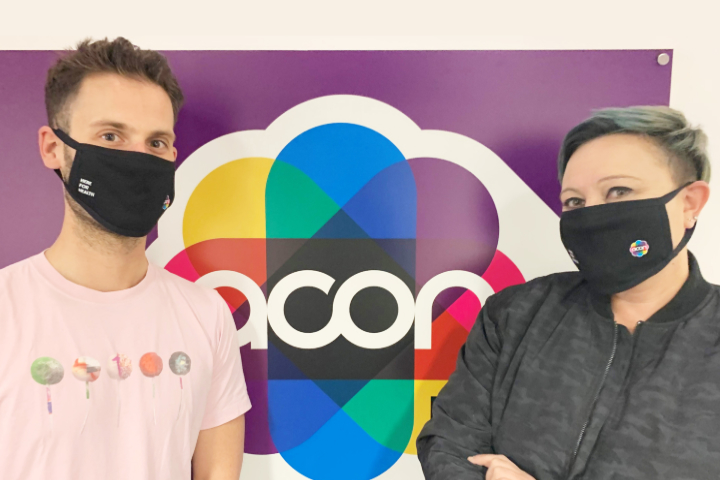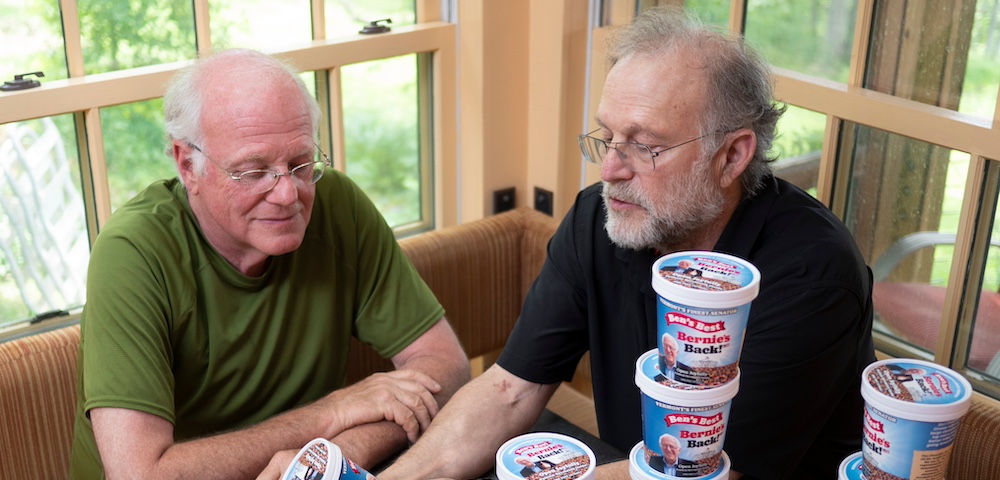
Face Masks May Become The New Normal

The word on the street is to mask-up! Victoria was the first state in Australia to make masks mandatory in an effort to control the second wave of the COVID-19 pandemic. Now, other states including NSW and Queensland appear to be coming around to ‘encourage’ the wearing of masks.
NSW Health has encouraged the wearing of masks, especially while on public transport in Sydney, after public health warnings in relation to a CBD cluster named a bus route, gym and a pub. Similarly, in Queensland the chief health officer recommended wearing masks whenever it is difficult to socially distance. Health authorities have pointed out that masks are not a substitute for other measures like physical distancing or frequent hand washing, but instead provides additional protection.
Melbourne doctor Benjamin Veness told Star Observer that the success of masks as a way to stop the spread of COVID-19 depended on how common their use was in the community.
“Scientific understanding of how the SARS-CoV-2 virus spreads and infects people (to cause the disease ‘COVID-19’) has increased significantly since the pandemic began. There is now evidence that the virus spreads through three routes: fomites, droplets and aerosols,” explained Veness.
“Whenever you have community spread of the virus, mask-wearing can be helpful in preventing each of these. There aren’t a lot of downsides to wearing masks, so it is a relatively effective, yet also low-risk and low-cost intervention. Masks protect the wearer but also significantly reduce virus transmission to others. That means masks are most effective when everyone in the community is wearing them.”
The exact benefits of Victoria making masks mandatory, may be difficult to gauge – compulsory face masks became the rule in Melbourne from July 22 and in the whole of Victoria on August 2 – as it coincided with other important public health measures.
Veness pointed to two important studies – researchers at The Burnet estimated that Victoria’s response to the second wave had averted between 9,000 and 37,000 infections in July and a study in The Lancet about the effectiveness of wearing face masks to reduce COVID-19 transmission.
LGBTQI organisations in NSW and Melbourne like ACON and Thorne Harbour Health have taken the message of masking-up to the community.
ACON, earlier this week, released branded face masks that are now available for purchase online. The proceeds from the sale of the washable and reusable masks will go towards supporting ACON’s services for the LGBTQI community.
“Recent advice from NSW Health has recommended that people in NSW wear face masks in situations where they aren’t able to maintain social distancing, such as on public transport, and in supermarkets and shopping centres. As such, ACON has released face masks to our communities to safeguard their health while at the same time providing the opportunity to support our efforts in improving LGBTQI health,” said ACON CEO Nicolas Parkhill.
Parkhill points out that masks are an effective way to stop the spread of the virus, along with other measures like physical distancing, handwashing and good hygiene.
Masking up in public might be the new COVID-19 normal for some time. As a medical practitioner, Veness who has been a strong advocate on social media of masking-up, says that it not only helps in stopping the spread of the virus, but also keeps our health settings safe.
“Masks work best when they are close-fitting and made of multiple layers of densely-woven fabric. If everyone in the community wore these when close to other people, especially in poorly-ventilated environments, then healthcare professionals would benefit because we would have far fewer patients with COVID-19 to treat.
“This means we can see more patients for non-emergency conditions, like elective surgery. It would make our work much less stressful as we wouldn’t be as fearful for our own safety at work. Most of all, it would mean we could all have a better chance of achieving elimination of COVID-19 throughout Australia and enjoy the greater freedoms of places like Western Australia and New Zealand.”
For more information of how to keep safe during the COVID-19 pandemic, check the DHHS, Victoria website.









